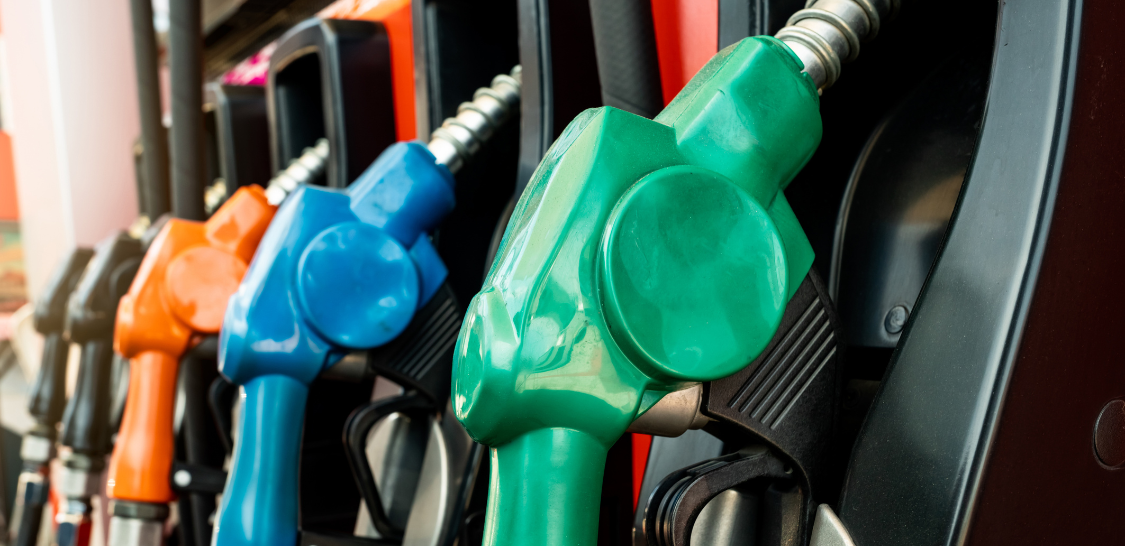The Safe, Accountable, Flexible, Efficient Transportation Equity Act (SAFETEA-LU) offers public transportation authorities that utilize compressed natural gas (CNG) the opportunity to claim an alternative fuel excise tax credit. Tax-exempt entities with their own fueling station will receive a refundable tax credit that equals $0.50 per gasoline gallon equivalent (GGE). In this post, we break down who is eligible for this credit, and the steps necessary to claim it.
Who is eligible?
Tax-exempt entities, like state or local governments, that own fueling stations or take title to the natural gas before the compression or delivery into the tank of a motor vehicle are eligible to claim the 50-cent per GGE credit, regardless of whether the fuel is used in their own vehicles or sold to other customers. This incentive for selling or using CNG and LNG is typically referred to as an excise tax credit. In addition to being an excise tax credit, it is also a refundable income tax credit and a rebate.
The qualifying alternative fuels are natural gas, propane, liquefied hydrogen, P-Series fuel, compressed or liquefied gas derived from biomass, and liquid fuel derived from coal through the Fischer-Tropsch process. If an incentive is determined for the same type of alternative fuel under the rules for the biodiesel or ethanol tax credits, then it cannot be claimed for this credit as well. The tax credit for propane and natural gas sold after December 31, 2015, is based on the GGE or diesel gallon equivalent (DGE).
Originally, this legislation was slated to expire on December 31, 2021, but Public Law 117-169 has extended it through December 31, 2024. Eligible parties may also file retroactive claims dating back to January 1, 2020.
How to claim the credit
If you meet the eligibility for this credit, the first step is to register as an alternative fueler with the IRS by completing Form 637. Following that, Form 8849 must be filed with the IRS to claim the credit. The incentive is first given as a credit against the alternative fuel tax liability of the entity. Then, the excess over the fuel tax liability can be claimed as payment directly from the IRS.
RKL’s team of tax experts and public transportation industry advisors can help you with the above filings to claim this credit. Contact your RKL advisor or reach out to the RKL team using the form at the bottom of this page.




